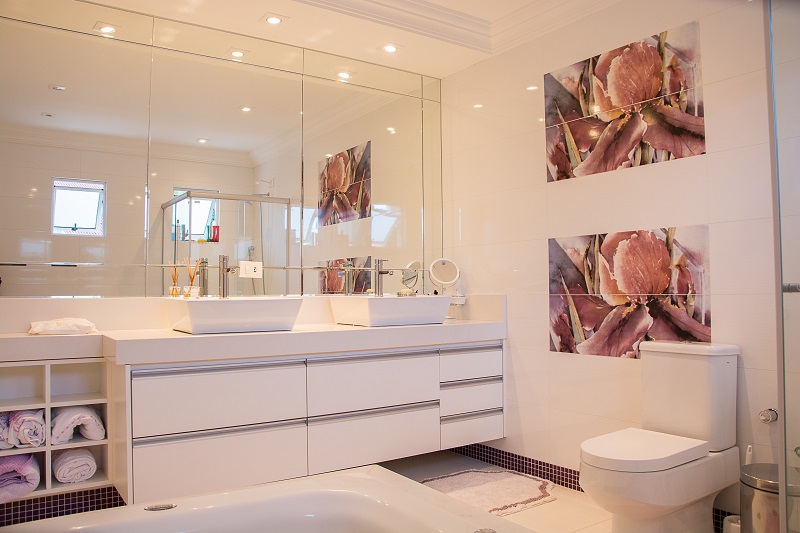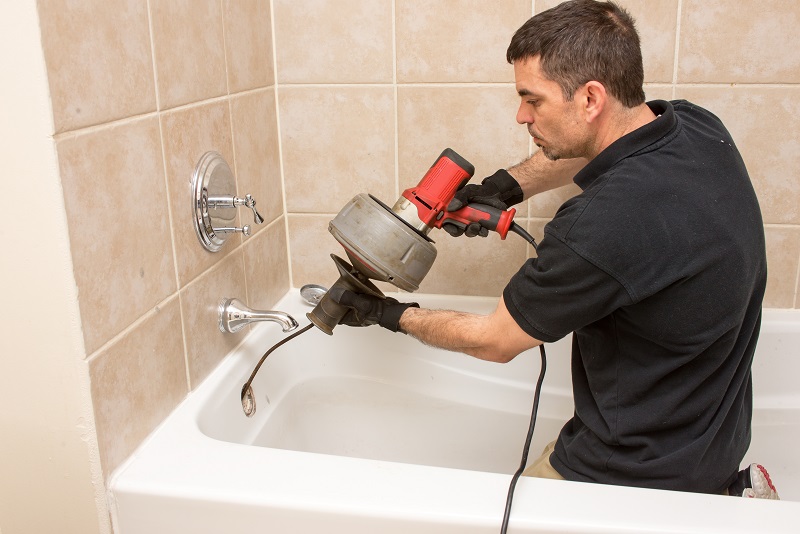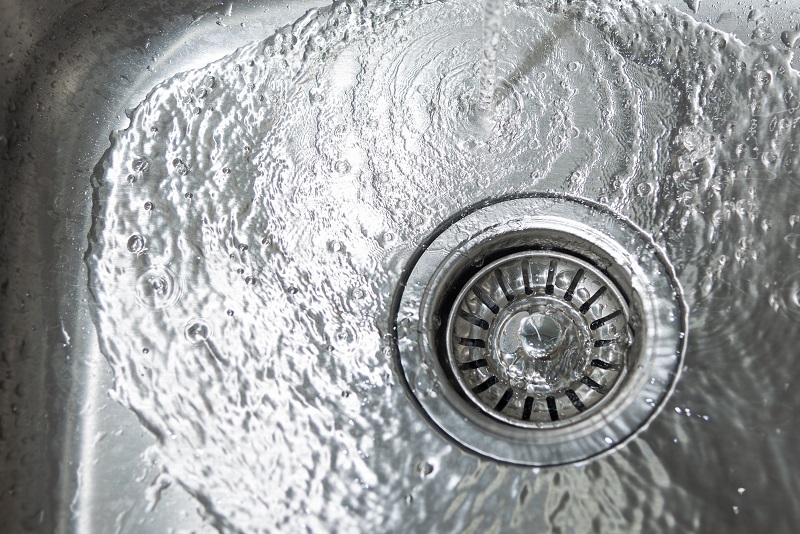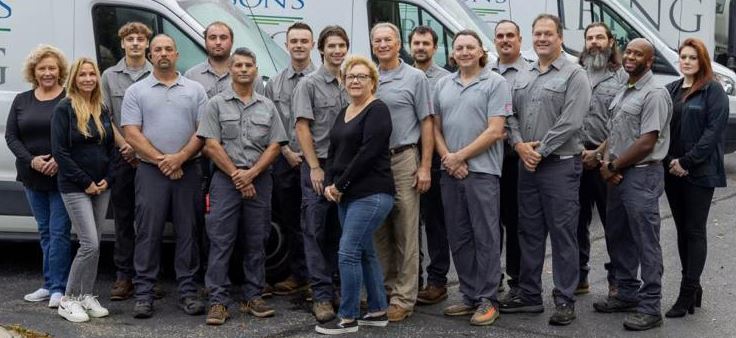We salute the contributions of the American worker. The strength, success and richness of the United States is due to the hard work and creative innovations of the men and women in our labor force. Happy Labor Day weekend to all!
#PutmanandSonsPlumbing #LaborDay2017




